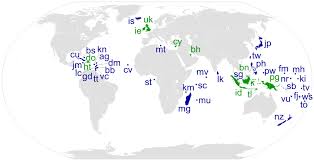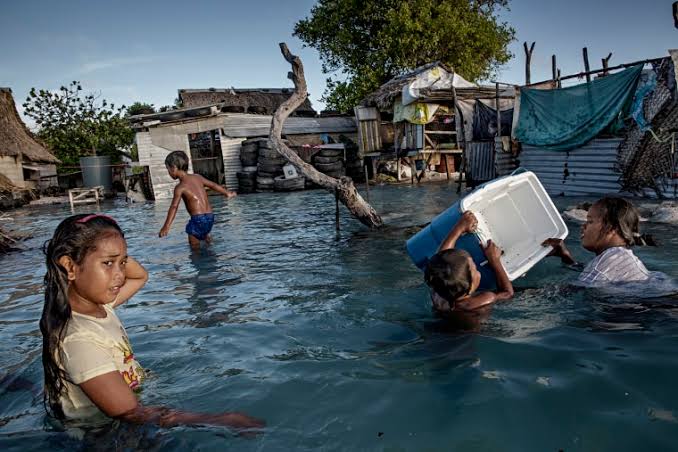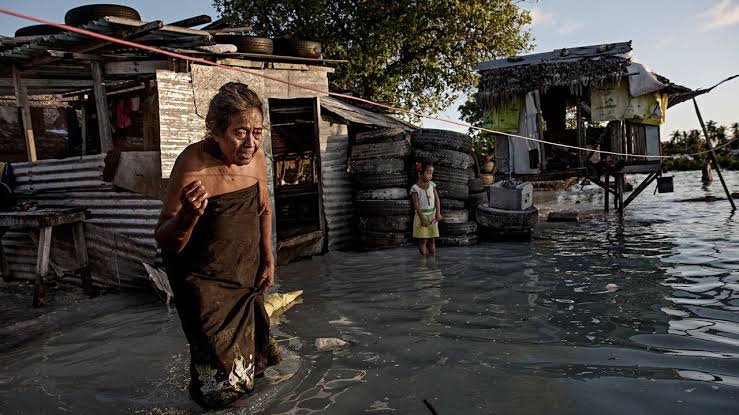Island nations have long been perceived as vulnerable to the impacts of climate change, with rising sea levels, increased storm intensity, and droughts threatening their very existence. However, a new perspective is emerging that challenges this narrative. Rather than being mere victims of global circumstances, island nations can be seen as “living laboratories of resilience, restoration, and innovation” in the face of climate change.

### A Shift in Perspective
This new perspective recognizes that island nations have unique opportunities to develop innovative solutions to the challenges posed by climate change. By leveraging their small size, island nations can experiment with novel approaches to sustainability, renewable energy, and climate resilience. This can include:
– *Renewable Energy*:
Island nations can transition to 100% renewable energy, reducing their reliance on fossil fuels and mitigating the impacts of climate change.
– *Sustainable Infrastructure*:
Islands can adopt innovative, sustainable infrastructure solutions, such as seawalls, green roofs, and eco-friendly buildings.
– *Climate-Resilient Agriculture*:
Island nations can develop climate-resilient agricultural practices, ensuring food security in the face of changing weather patterns.

### Examples of Island Nation Innovation
Several island nations are already leading the way in climate innovation:
– *The Maldives*:
The Maldives has launched ambitious plans to transition to 100% renewable energy, reducing its reliance on fossil fuels and mitigating the impacts of climate change.
– *The Marshall Islands*:
The Marshall Islands have developed innovative solutions to protect their citizens from the impacts of climate change, including sea walls and climate-resilient infrastructure.
– *The Cook Islands*:
The Cook Islands have implemented a range of sustainable development initiatives, including renewable energy projects and eco-tourism initiatives.

### Global Implications
The innovations and solutions developed by island nations can have far-reaching implications for the rest of the world. By sharing their experiences and expertise, island nations can contribute to global efforts to address climate change and promote sustainable development.
As the world grapples with the challenges of climate change, island nations are poised to play a critical role in shaping the future of sustainability and resilience. By recognizing their potential as living laboratories of innovation, we can unlock new opportunities for collaboration, knowledge-sharing, and climate action.
In conclusion, island nations are not just victims of climate change; they are also pioneers in the fight against it. By embracing their unique strengths and opportunities, we can build a more resilient and sustainable future for all.
